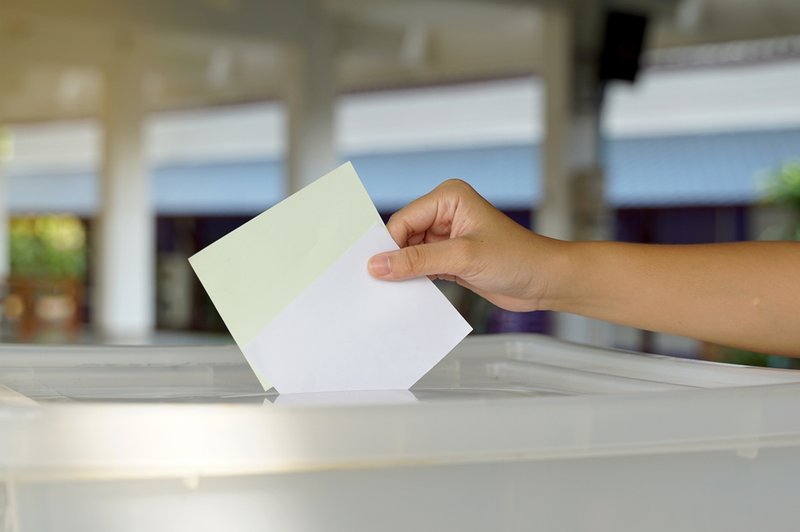Can Proportional Representation Create Better Governance?
Article/Op-Ed in Protect Democracy

May 2, 2024
Oscar Pocasangre and John M. Carey authored a white paper for Protect Democracy on how proportional representation could make government more responsive.
The fears that proportional representation would reduce accountability and responsiveness stem from the increase in the informational demands on citizens that more representatives would entail. For electoral accountability to work, voters need information about the performance of their representatives; distinguish between politicians; and assign credit and blame accordingly55. This process is presumed to be easier in single-member districts, where having only one representative per district grants voters more clarity with respect to who is responsible for government policies. From this logic, scholars have posited that WTA elections should ultimately facilitate either rewarding or punishing the governing party565758 and individual politicians5960 at the ballot box.
However, successfully holding politicians accountable requires more than just information about politician performance. That information needs to factor into the vote choice of citizens, and citizens need to be able to vote for a politician other than the incumbent in order to punish them electorally. The conditions that allow for such accountability are becoming increasingly rare in the U.S. Thanks to partisan and demographic sorting and gerrymandering, very few of the 435 congressional districts are actually competitive.6162. Even where a viable challenger exists, partisan polarization makes voting for an opposition candidate to punish the incumbent unpalatable to more and more voters.